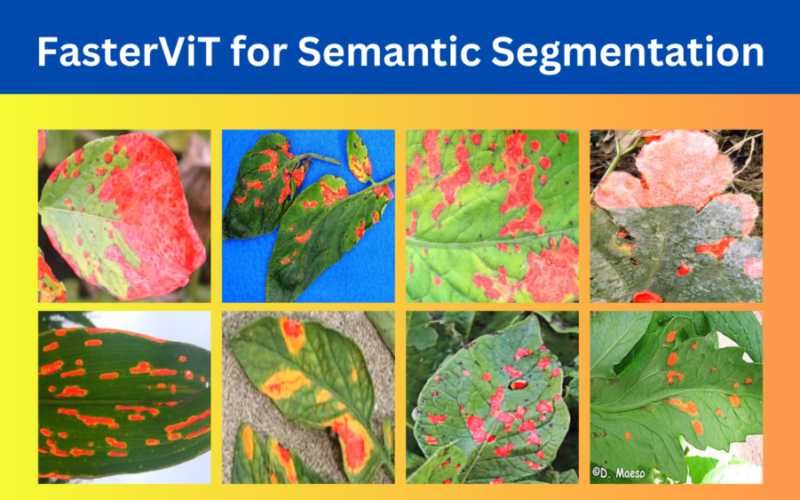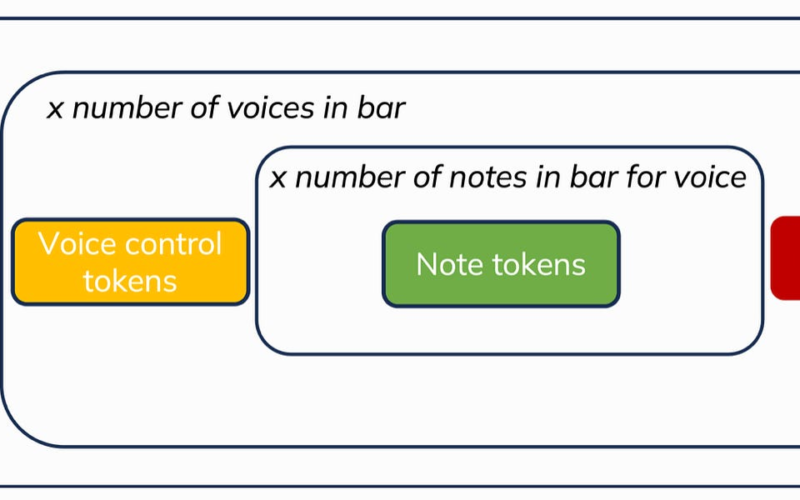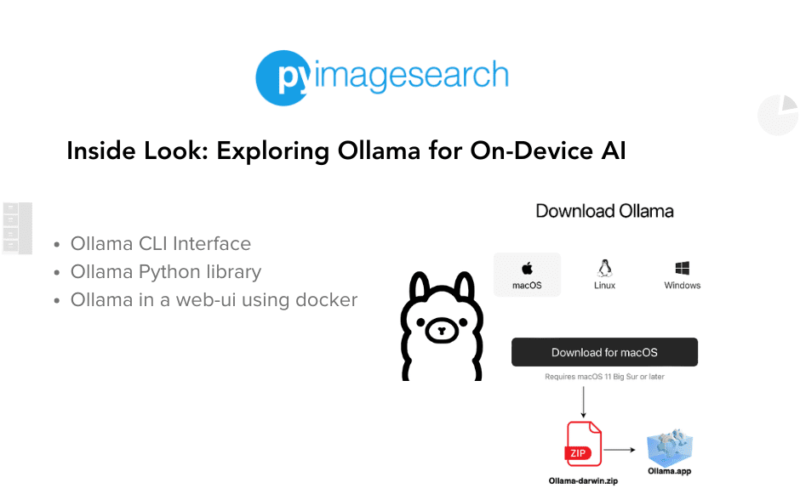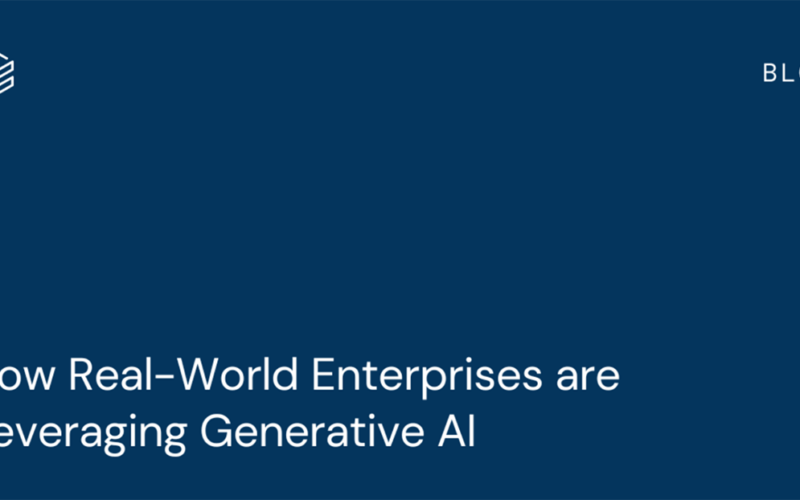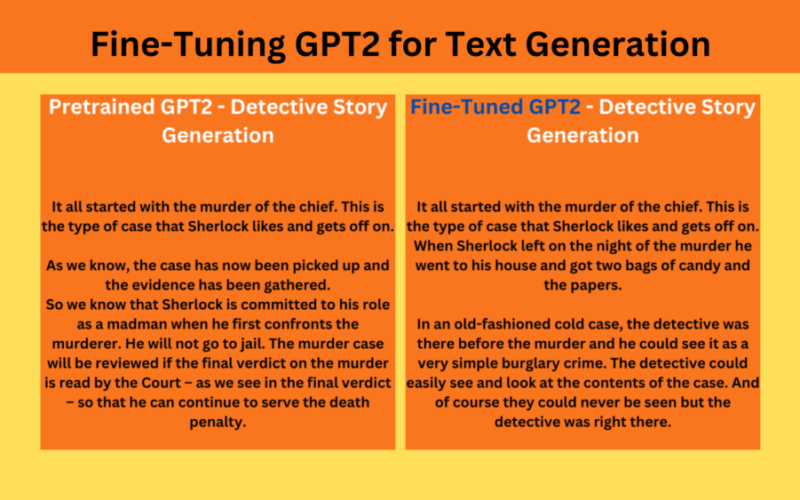24
May
In this article, we will modify the FasterViT model for semantic segmentation. FasterViT is a family of CNN-Transformer hybrid models for deep learning based computer vision tasks. The FasterViT models are faster and more accurate on several computer vision benchmarks, particularly the ImageNet dataset. We can also modify the model for semantic segmentation to get excellent results on a custom dataset. Although it is not straightforward and requires several changes to the architecture, it is possible. In this article, we will cover the architectural details and the changes we must make to the FasterViT model for semantic segmentation. Figure 1.…

